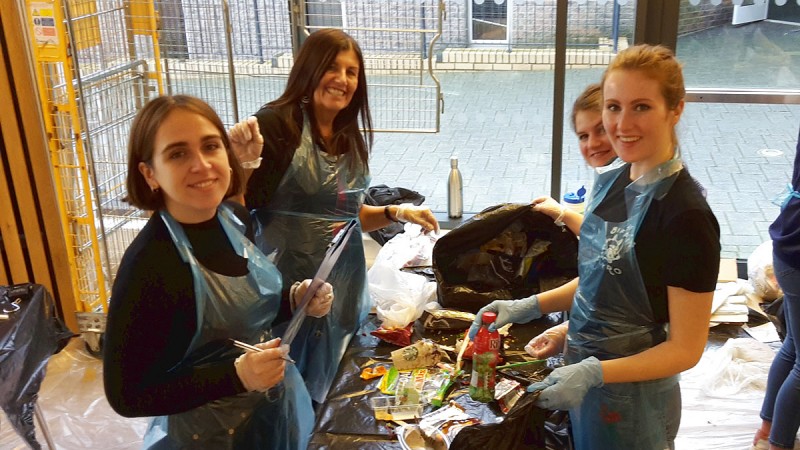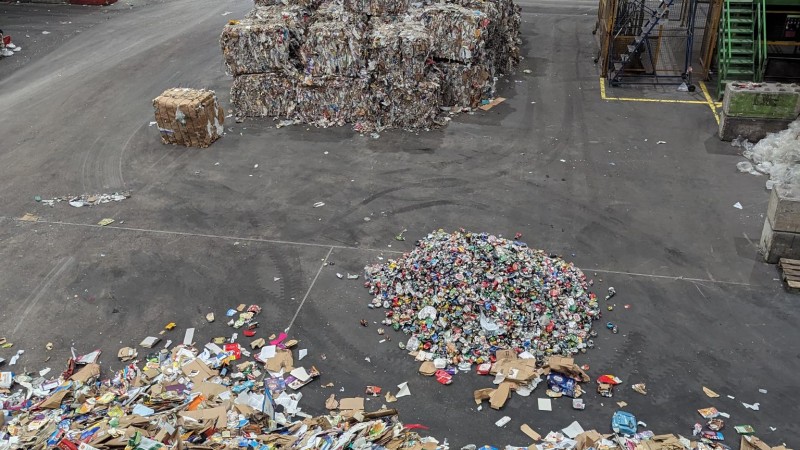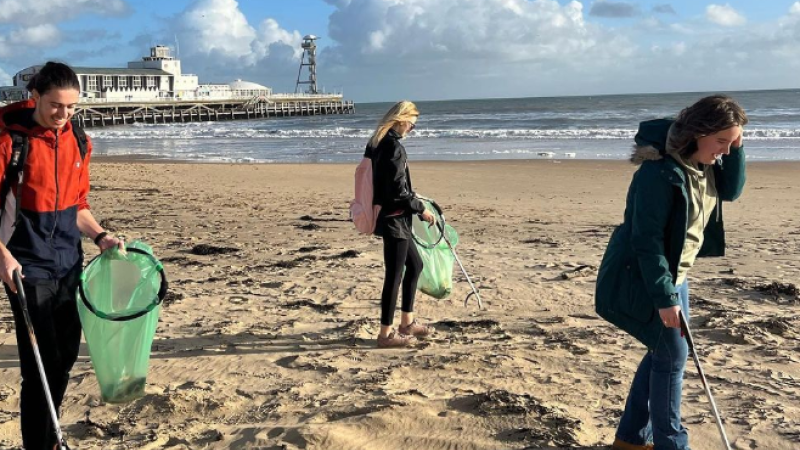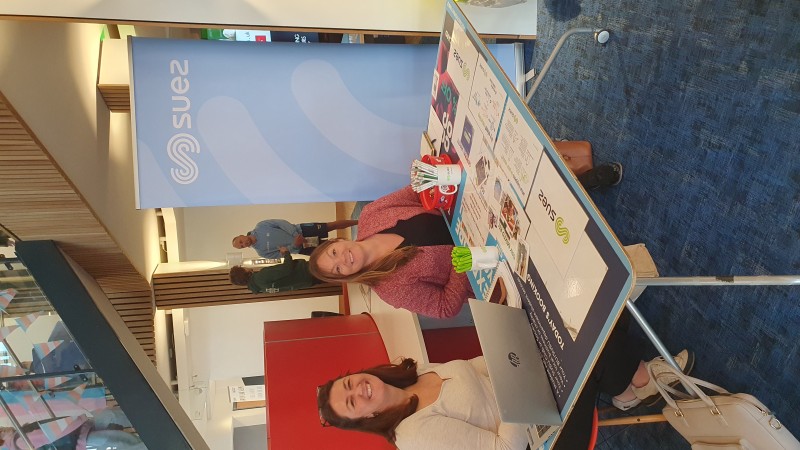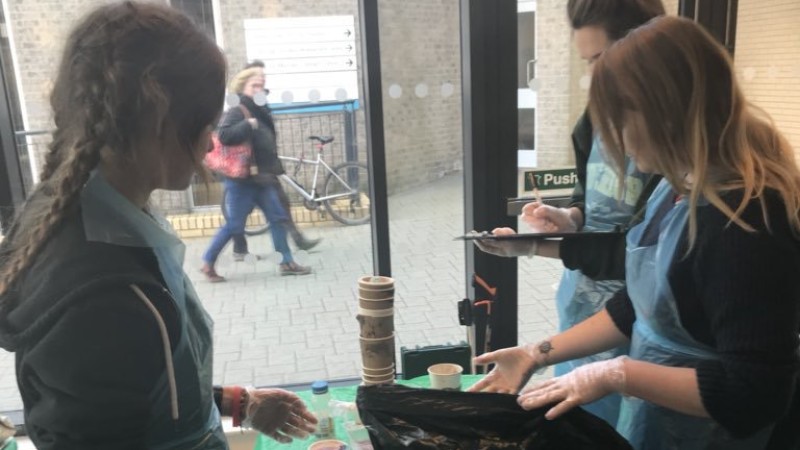Here at BU, we acknowledge that what we purchase and the waste we produce can have significant environmental, social and economic impacts. To reduce these impacts, we are committed to taking a sustainable approach to our purchasing activities.
Everything has value, and the resources we class as ‘waste’ have value too. A net-zero world will limit waste of any kind and with material resources that means following circular economy principles and the waste hierarchy: re-think, reduce, reuse, recycle, in all we do from how we buy things to how we dispose of them.
Our focus is on reducing the overall volume of waste produced per person. We are tracking against a goal of keeping our campus waste produced to well below 20kg/FTE (non-construction and non-residential). In 22-23 we were at 14.07kg/FTE students and staff. We think this is the best way to track waste as our goal should be waste reduction and not just percentage recycled, as we can't recycle our way out of crisis, we need to stop producing waste in the first place.
For construction waste we do target 95% of waste recycled which is a challenging target to encourage the maximum reuse and recycling in construction projects.
We strive to keep improving, which is why we were ranked 6th in the world and 4th in the UK for SDG12: Responsible Consumption and Production in the THE Impact Rankings 2023.
Please do email the Sustainability Team at if you have any questions about our waste management.
